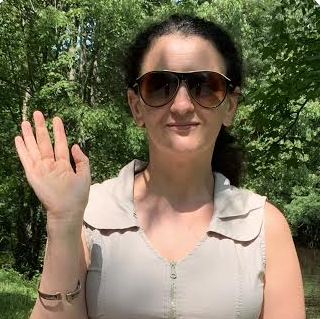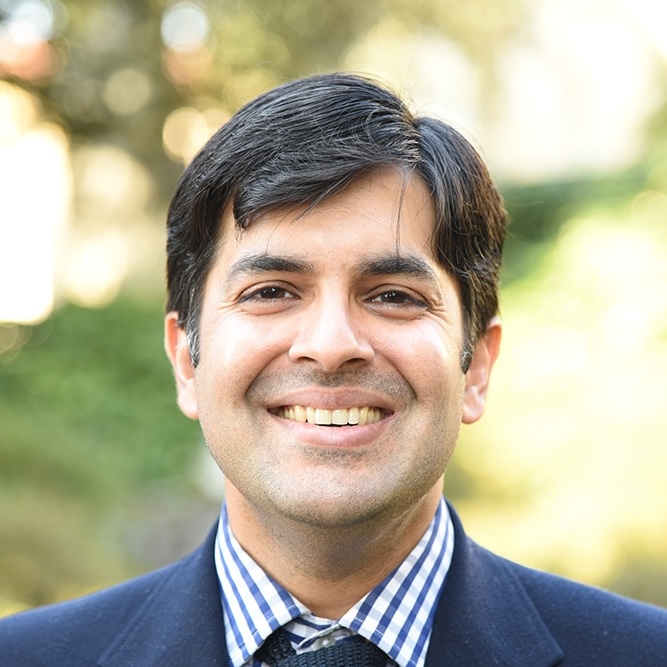Organizers: prof. Mateusz Stróżyński
Email: matstroz@amu.edu.pl

Wolfgang de Melo is Professor of Classical Philology at the University of Oxford. His main research interest is in linguistics, metre and textual criticism. He has published extensively on Plautus, early Latin and Varro. His first book, The Early Latin Verb System, was a shortened version of his doctorate (OUP, 2007). After this, he edited and translated Plautus for the Loeb Classical Library (HUP, 5 vols., 2011-13), before turning to Varro (Varro’s De Lingua Latina: Introduction, Text, Translation, and Commentary, OUP, 2019). His most recent book is intended for a student audience (Latin Linguistics: An Introduction, De Gruyter, 2024). He is currently on research leave, supported by a Leverhulme Major Research Fellowship, which will enable him to write a syntax of Plautus and Terence.

Dobrinka Chiekova teaches Ancient History and Classics at The College of New Jersey (USA). Previously she was a post-doctoral fellow at the Classics department at Princeton University, USA, and Visiting Assistant Professor at the Classics department at Bryn Mawr College, USA. She did her Ph.D. at University of Neuchâtel, Switzerland, while working as a teaching assistant at Institut de l’archéologie et des sciences de l’Antiquité classique. She is the author of the monograph: Cultes et vie religieuse des cités grecques du Pont Gauche (VIIe– Ier siècle av. J.-C.) (Bern, 2008) and she co-edited (with D. Knoepfler et al.): Éditer, traduire, commenter Pausanias en l’an 2000 (Genève, 2001). Her other publications include: “The Great Mother Goddess on the Thracian Coast of Pontos Euxeinos. Forms and Traditions”, in Ancient Civilizations from Scythia to Siberia 29, Brill, 2023, 11-37; “Greek cities on the western Black Sea Coast”, in Philologos Dionysios. Mélanges offerts au professeur Denis Knoepfler (Genève, 2011), 517-532; “Cults of the Greek cities en aristera tou Pontou: Interaction of Greek and Thracian traditions”, Electronic Antiquity 11.1.

Edmund Stewart is Assistant Professor in Ancient Greek History, at the Faculty of Arts of the University of Nottingham. He has published in the areas of the history of Greek drama and Greek religious festival culture, as well as economic history, sociology and ancient Greek politics. He is the author of Greek Tragedy on the Move: The Birth of a Panhellenic Art Form c. 500-300 BC (Oxford, 2017) and co-editor (with Harris, E., and Lewis, D.) of: Skilled Labour, and Professionalism in Ancient Greece and Rome (Cambridge, 2020). His other publications include ‘The Tyrant’s Progress: the meaning of the ΤΥΡΑΝΝΟΣ in Plato and Aristotle’, Polis 38 (2021) 208-36; ‘Inner nature, outward appearance: the theme of nobility in Euripides’ Electra’, Phoenix 73 (2019) 237-261; ‘Ion of Chios: the case of a foreign poet in Sparta’, The Classical Quarterly, 68 (2019) 394-407.

Jaspreet Singh Boparai has graduated from classical philology at the University of Oxford and completed his Ph.D. in neo-Latin literature at the University of Cambridge. He has graduated also from Cultural and Intellectual History at Warburg Institute and from History of Art at Courtauld Institute of Art in London. He was a Wallace Fellow at Villa I Tatti (Harvard Centre for Italian Renaissance Studies, Florence) in 2016-2017 and a lecturer in the History of Art at Charles Cecil Studios in Florence in 2017-2019. He was also offered a fellowship in Renaissance Studies at Newberry Library (Chicago) in 2019. He is currently an independent scholar. He co-authored: Adam Mickiewicz, Metaphysical Poems, eds. J. Fiećko, M. Stróżyński, tr. M. Stróżyński, J.S. Boparai (Paderborn: Brill, 2023). His other publications include: “Politian’s Translation of Callimachus’ ‘Bath of Pallas’ Hymn in the Miscellanea.” Canadian Journal of Comparative Literature 41.1, 1-21; “Greek Poetry and Politian’s Lyric Verse 1469-1480.” Studi umanistici piceni 30 (2013) 48-63; “Pindar, Tragedy and Politian’s Notion of Classical Greek” in (Morra, E. Mistretta, E.R. eds.) Building the Canon: Italian Renaissance and the Creation of a Literary Tradition (Brill, 2019); “Le Nutricia d’Ange Politien: de subitus calor à poeticus furor” in Pouey-Mounou, A.-P. ed., Inqualifiables fureurs: les qualifications des figures de l’inspiration dans l’Europe de la Renaissance, (Paris, 2020).

David Butterfield is Senior Lecturer in Classics, Fellow and Director of Studies in Classics, Queens’ College, at the University of Cambridge. His primary areas of research are Latin literature, particularly of the Late Republic (and especially Lucretius), textual criticism, codicology and the history of scholarship. He authored a book The Early Textual History of Lucretius’ De Rerum Natura (Cambridge, 2013) and edited Varro Varius: The Polymath of the Roman World (Cambridge, 2015). His other publications include: “A.E. Housman: Classical Scholar (London: Duckworth, 2009; edited with C.A. Stray); ‘The poetic treatment of atque from Catullus to Juvenal’, Mnemosyne 61 (2008), 386-413; ‘Sigmatic ecthlipsis in Lucretius’, Hermes 136 (2008), 188-205; ‘Housman’s public use of reproof’, Housman Society Journal 36 (2010), 158-70; ‘Classical Scholarship, The History of’ for R. Bagnall et al. (edd.), The Encyclopedia of Ancient History (Oxford: Blackwell, 2012); ‘Latin and Social Media’ and ‘The Gradus ad Parnassum and other verse manuals’, in P. Ford, J. Bloemendal & C. Fantazzi (edd.), Encyclopedia of Neo-Latin Studies (981-3, 1014-16; Brill, 2014).
© 2023 All Rights Reserved